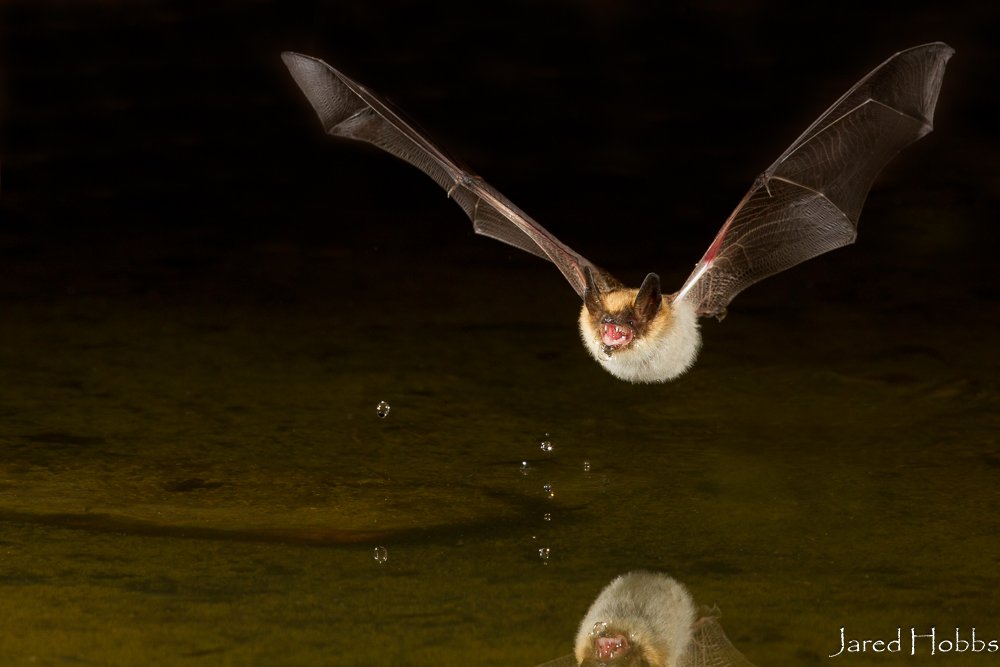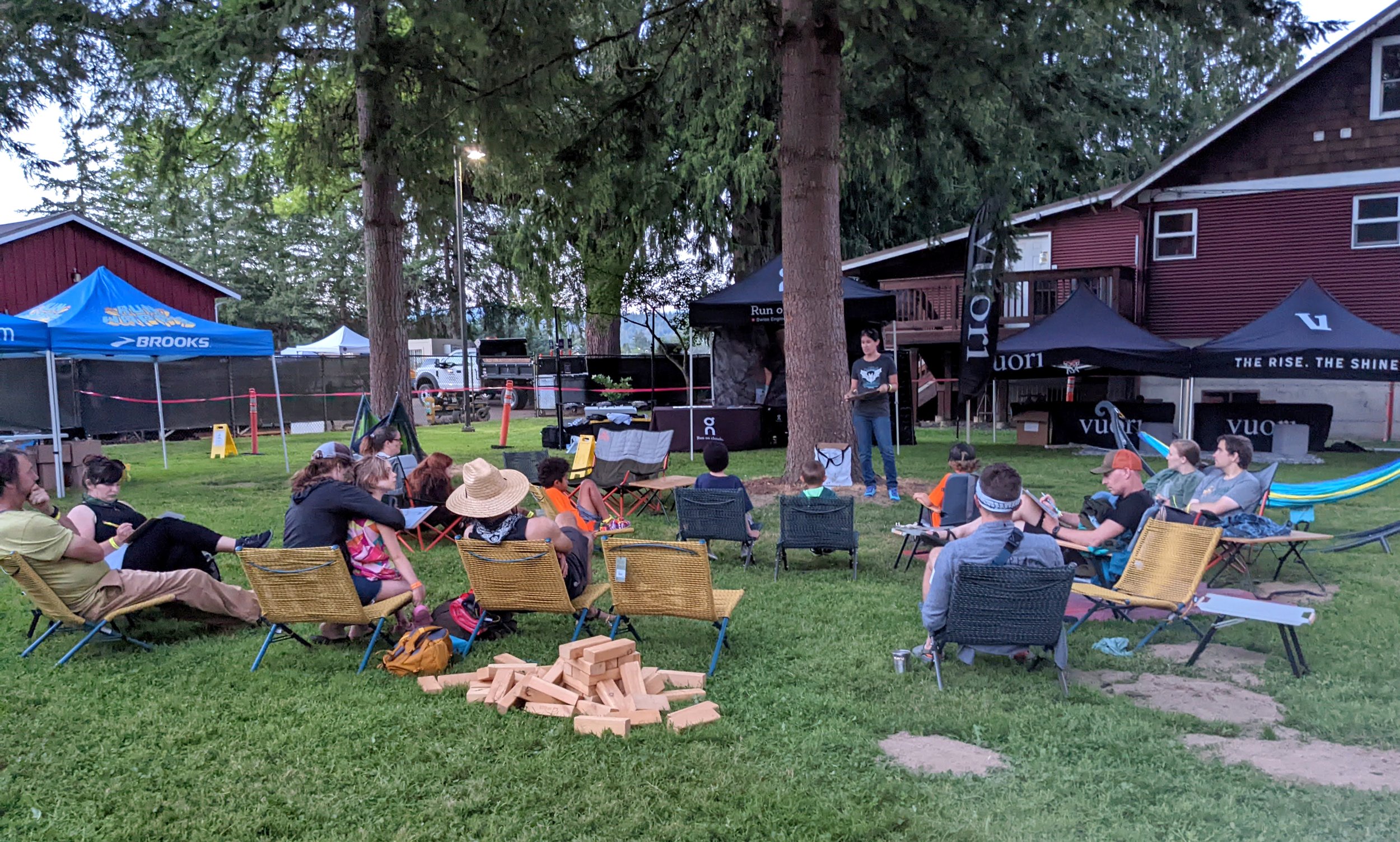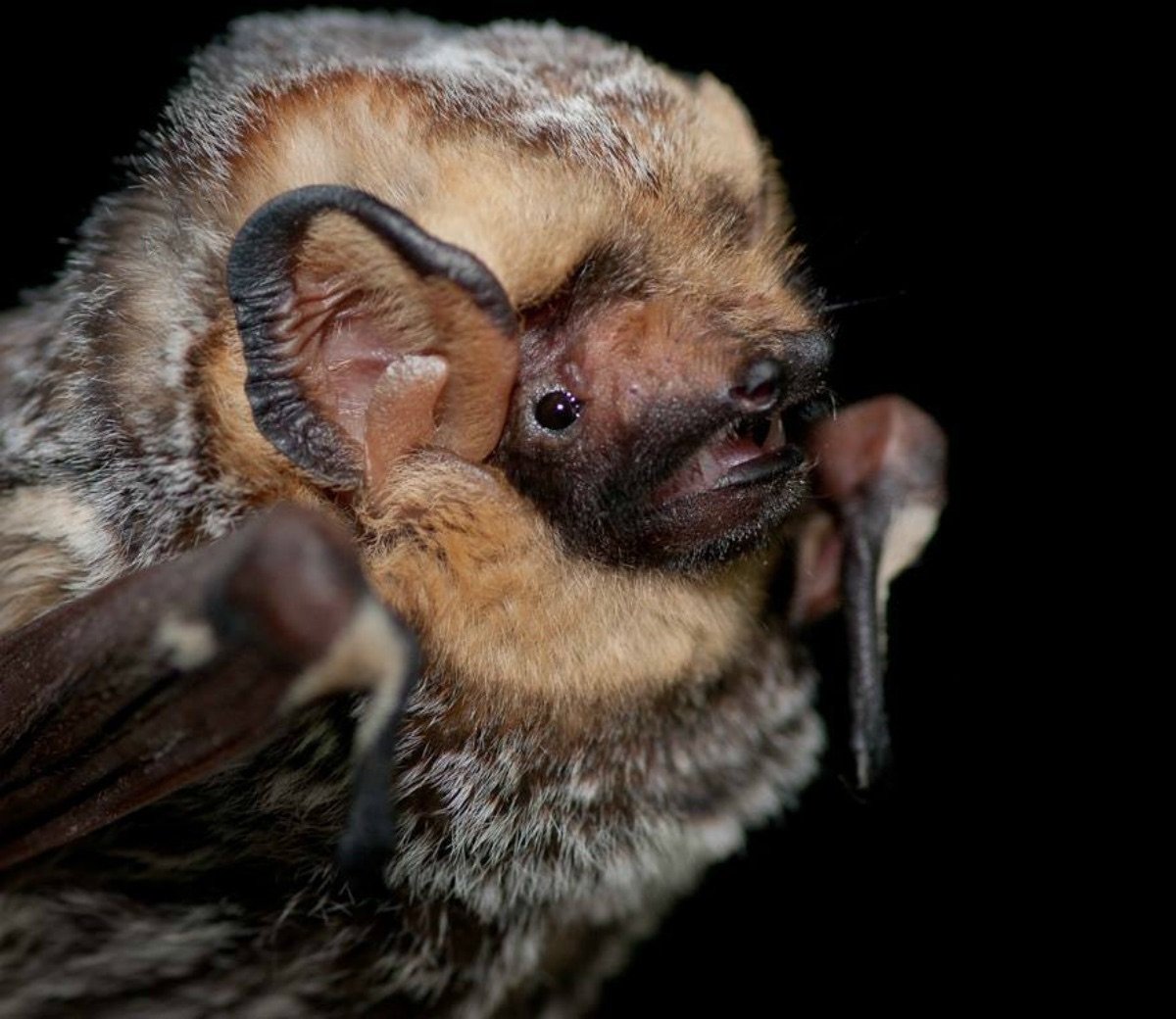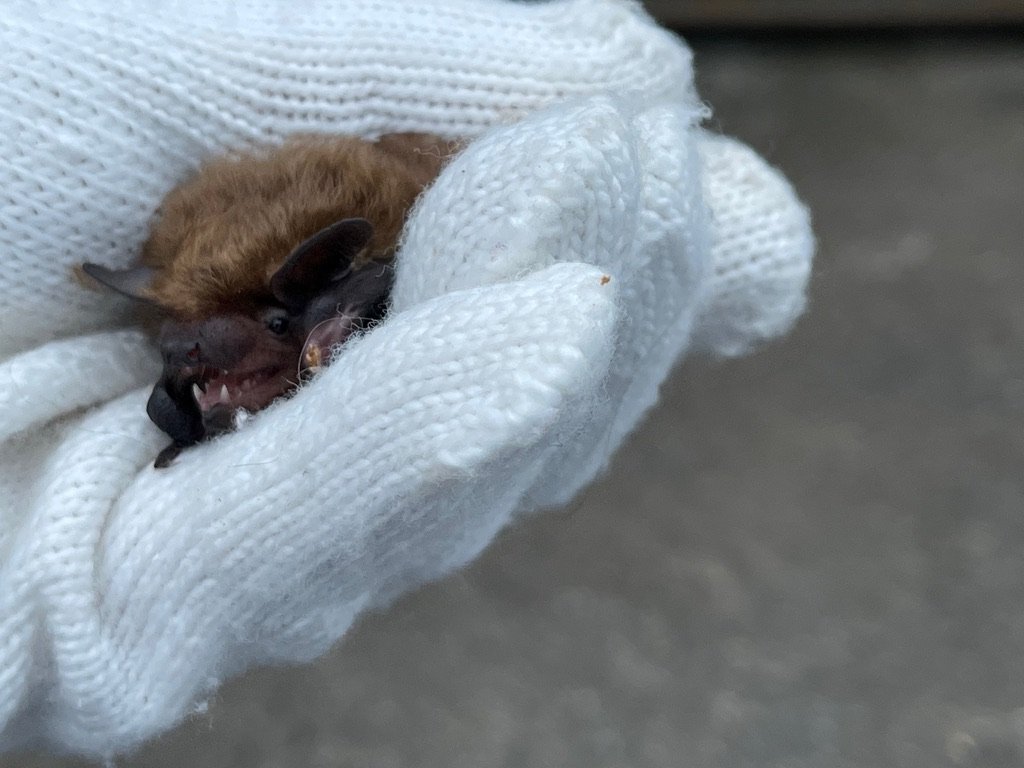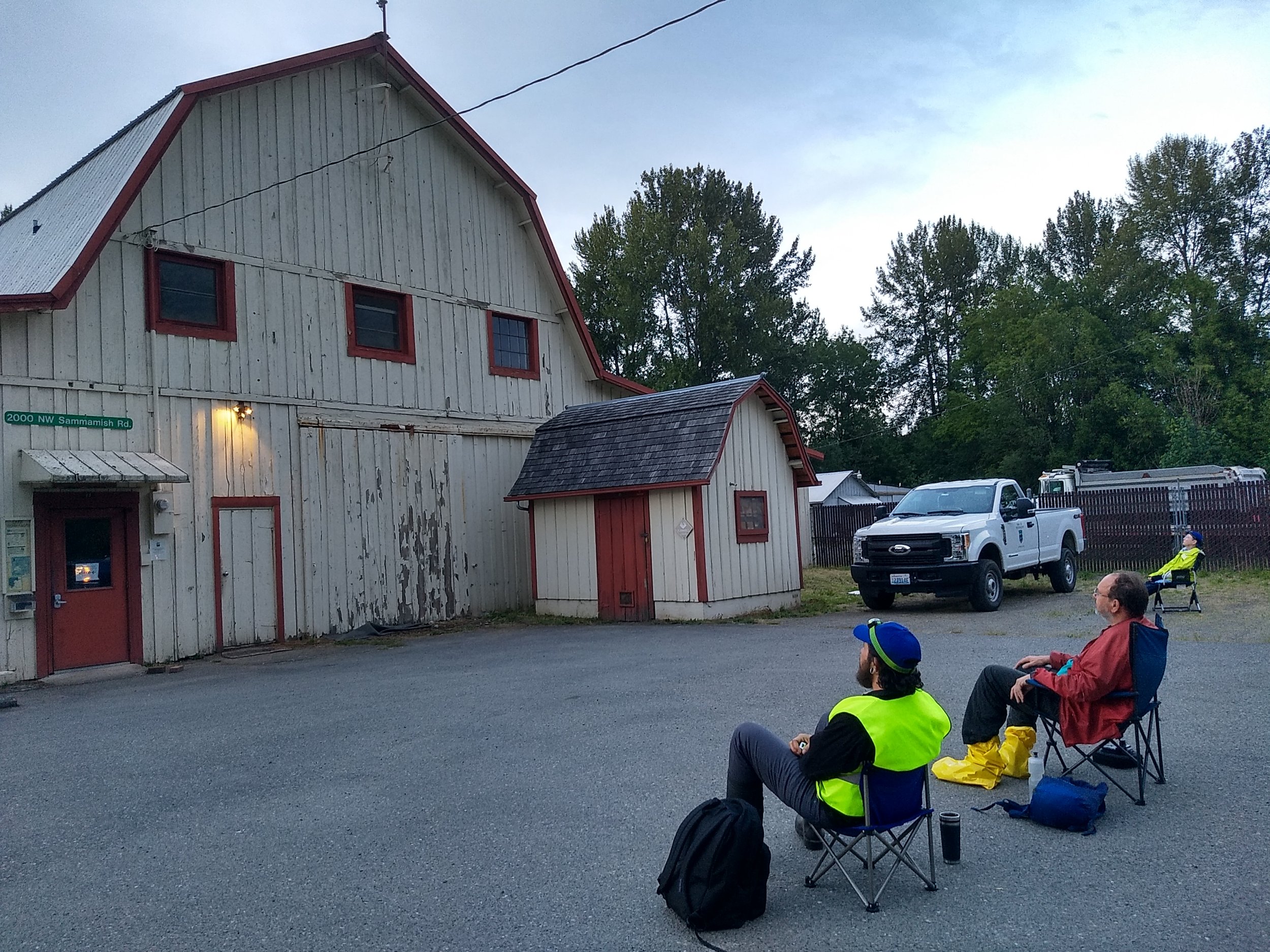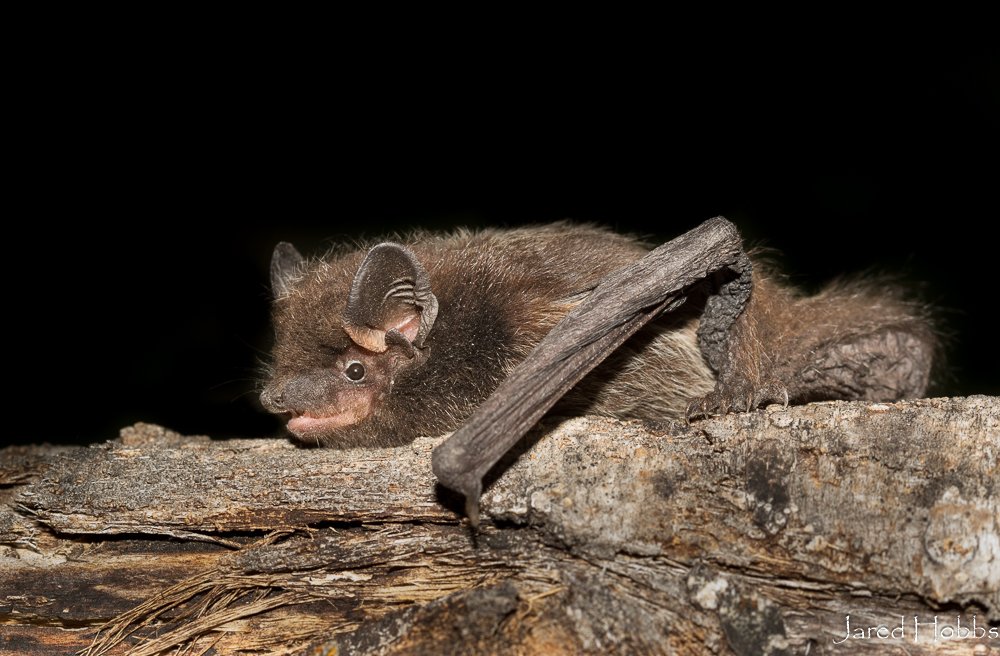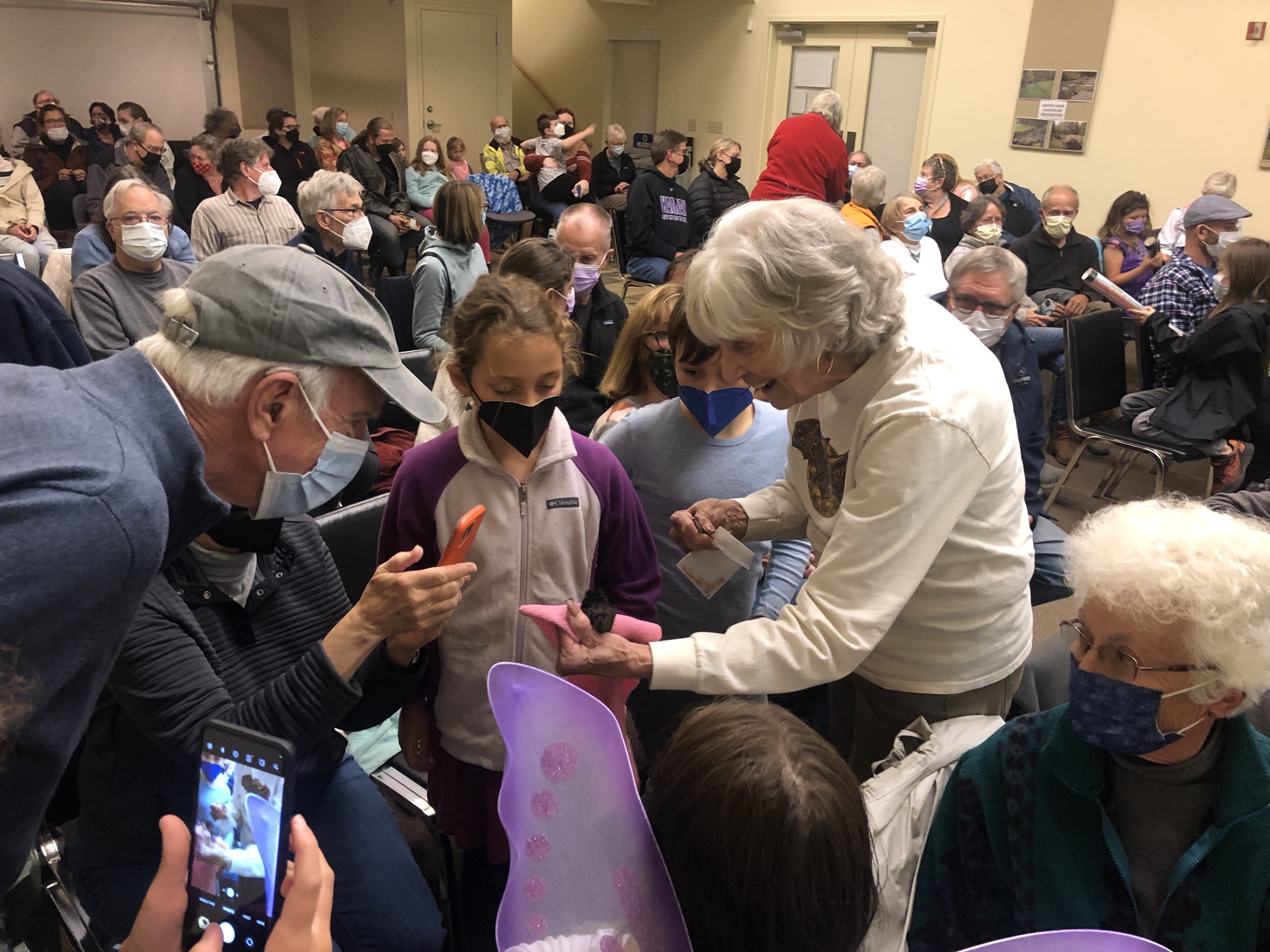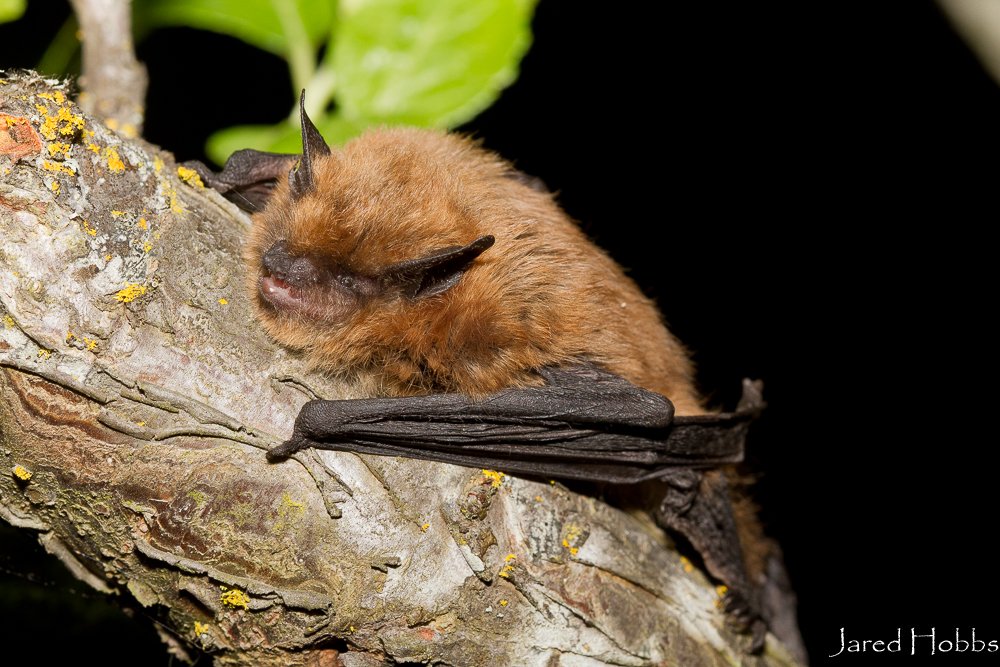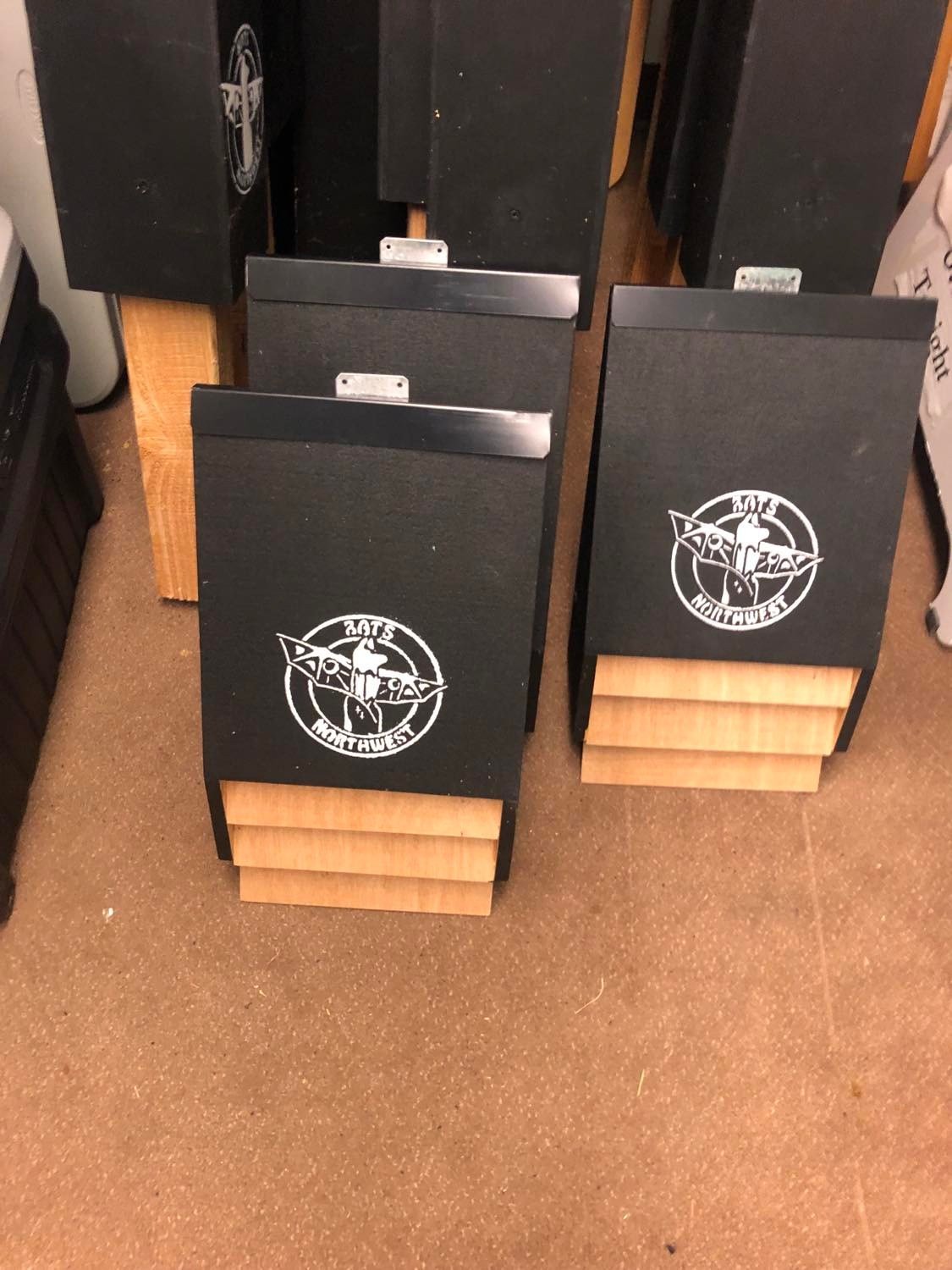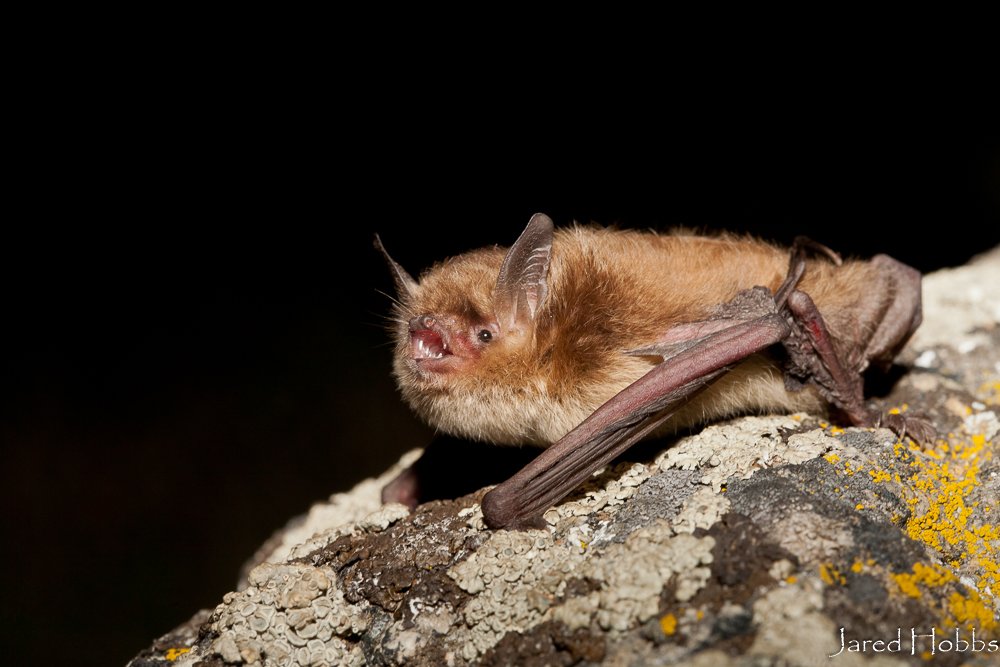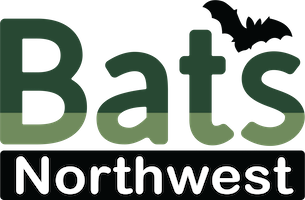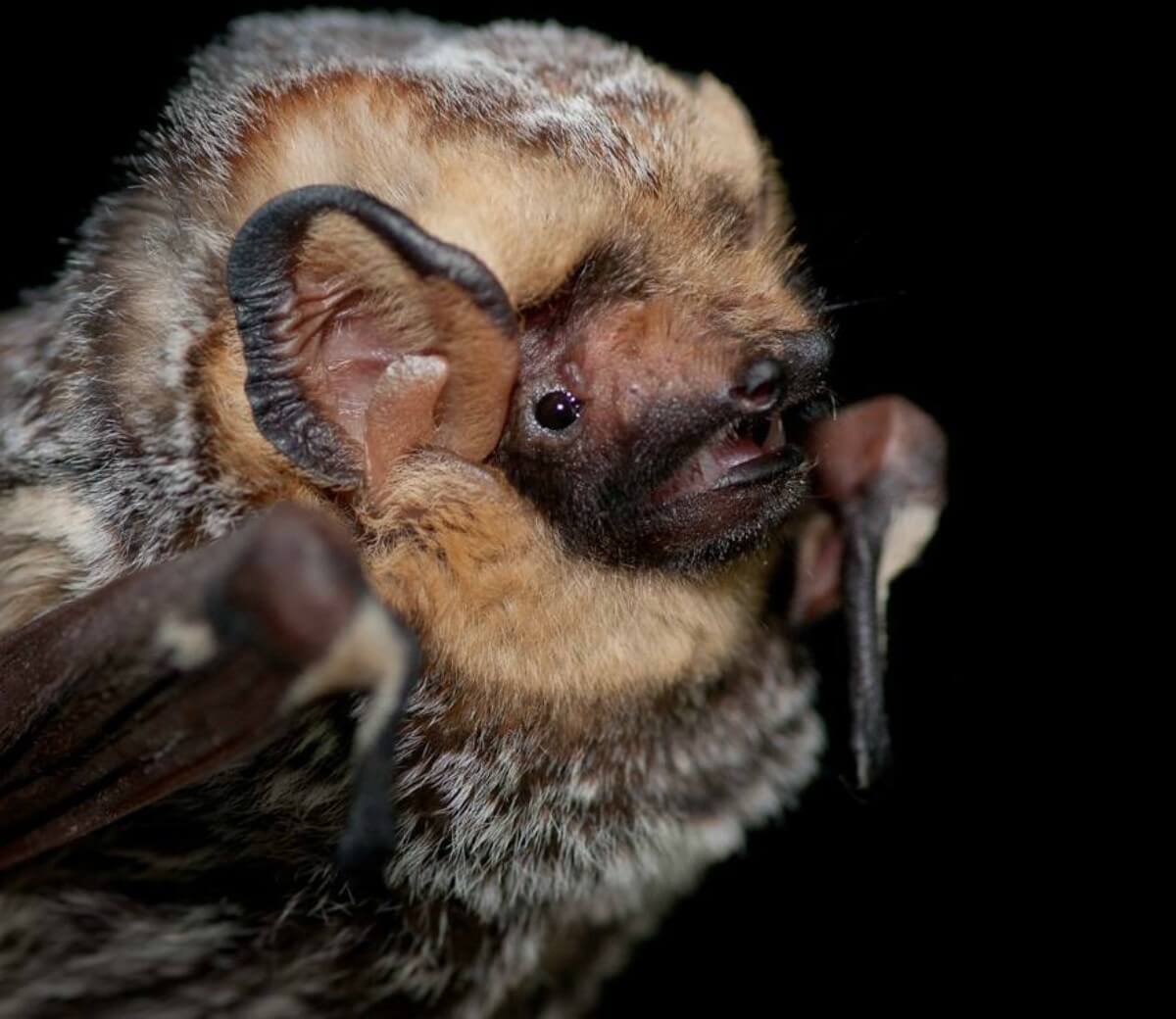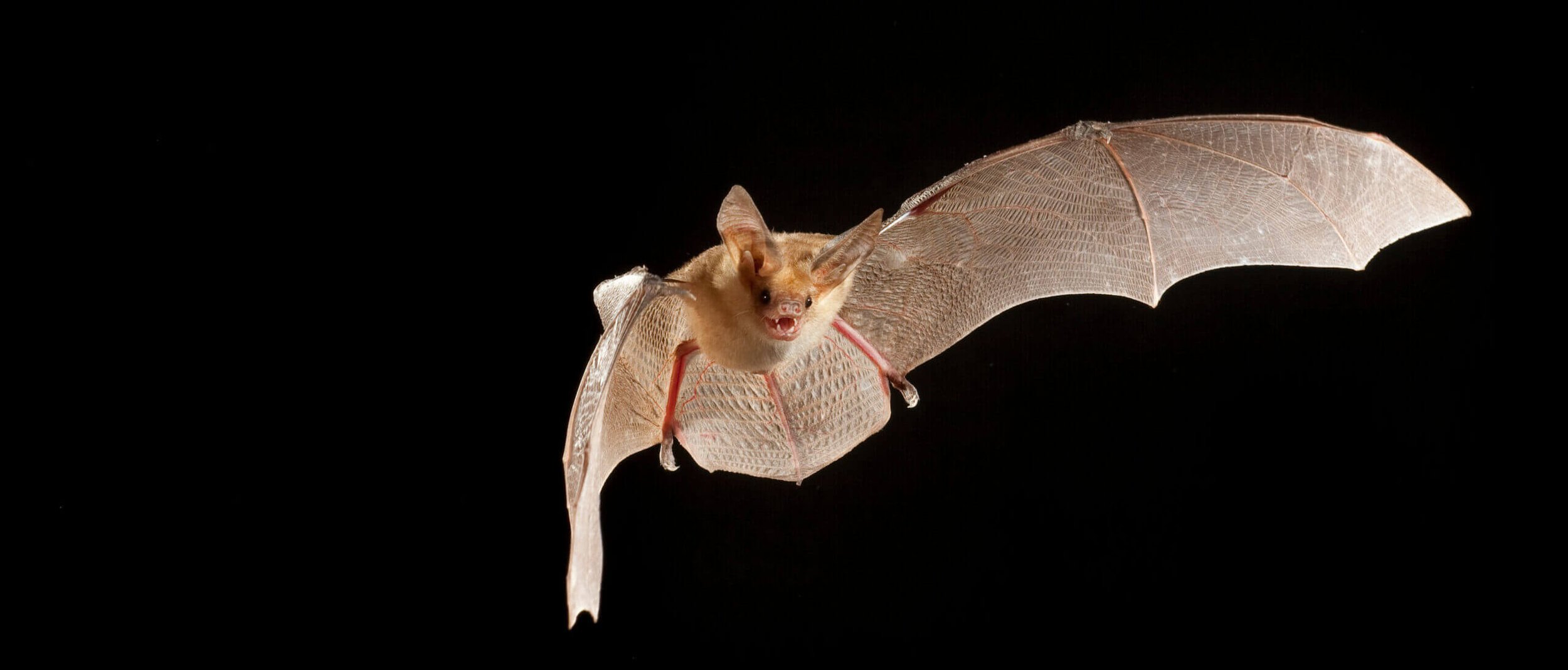
Bats are vital to our ecosystem.
(c) Michael Durham
Helping bats in Washington State
Bats Northwest envisions a future where the essential role of bats is understood, the public recognizes the vital place of bats in our environment and economy, and where all are inspired by their remarkable and invaluable contribution to our natural heritage.
Upcoming events
-
World Wetlands Day at the Mercer Slough
Saturday, Feb 7, 2026
11:00AM — 2:00PMCome join Bats Northwest at Mercer Slough Nature Park’s World Wetland Day. Areas that our extremely important to our Bats. This drop-in family friendly events features interactive activities, crafts and nature walks. Our booth will have family-friendly bat activities and we will share about our Bat efforts at the Slough.
-
Seattle AWIS: The Secret (And Not So Secret) Lives of Bats
Wednesday, Feb 18, 2026
6:00PM — 8:00PMThis Seattle AWIS Bat event features a panel from Bats Nortwest, Washington Fish and Wildlife and Woodland Park Zoo. This hybrid event is at Fred Hutchinson Cancer Center and must be registered for in advance!
-
Bats Nortwest Volunteers
Do you love bats? Join us as a volunteer to continue to help educate the public at our events or help behind the scenes. We have many opportunities!
Get Involved
Bats are at risk as a result of habitat destruction, the introduction of invasive species, hunting, and climate change. Bat populations could continue to decline, and without intervention, these threats could lead to species extinctions.
We have the power to help bat populations throughout Washington by working together. Join us in our mission to increase public awareness and promote a greater appreciation for bats.
White-nose syndrome
White-nose syndrome (WNS) is a disease that affects hibernating bats and is caused by a fungus, Pseudogymnoascus destructans, or Pd for short. Pd grows in cold, dark and damp places. It attacks the bare skin of bats while they’re hibernating in a relatively inactive state. As it grows, Pd causes bats to become active more than usual and burn up fat they need to survive the winter.
Community Science
Bats Northwest conducts and supports several research efforts in Washington.
Our volunteers aid in long-term acoustic monitoring projects in the Puget Sound area to gain insights into our species and their range. Programs like Bat Activity Trends (B.A.T.) involve the public in collecting observational data on local bat activity, teaching us about the habitats that support bats.
